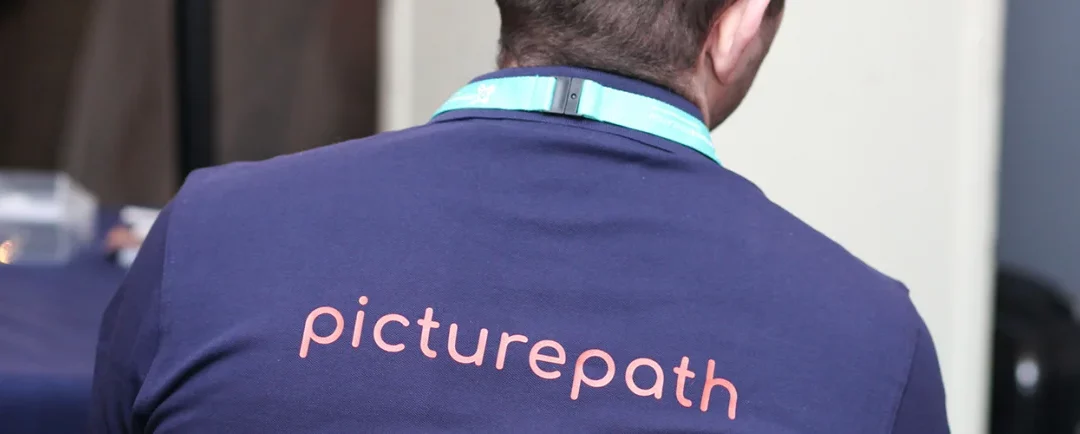You might have seen some of our recent social media posts about a great event we attended in Stockport on Monday – The Working Together Conference (#CoPro19). As Gareth Morewood explained in his opening remarks, the objective of the CoPro19 event was to develop collaboration and cooperation between teachers and parents in order to develop solutions to complex situations.
The speakers were all informative, funny and moving. We heard so many great ideas and thoughts from the 19 different speakers that we wanted to share our (and other attendees) favourite bits.
One of the keynote speakers, Professor Andy McDonnell, focused on how to get children into low arousal states and improve behaviour. He shared a great quote: “When a person is drowning, that is not the best time to teach them how to swim” – no learning can happen when a child’s in distress. So true! How many times have we all tried to change behaviour when a child is hysterical or upset? Calm down first then talk about how to change behaviour.
Andy McDonnell (pictured below) also talked about how important it is to manage your own stress before you are able to manage others. This is especially true for teachers in his view.

In the first breakout sessions, Greg Loynes from Inscape House School spoke passionately about having more focus on what a child can do, not what they can’t do, and he made the observation that every behaviour from a child serves a function and to ask yourself why is the child behaving that way? Greg also stressed how it’s important to have open conversations with parents and share approaches that didn’t work.
Barney Angliss had asked on Twitter before the event: if a child isn’t on the SEN register, does quality of teaching improve? The majority of Barney’s respondents thought teaching is better “off register” due to lowered expectations of the child if they are on the SEN register. Barney also wondered if this was led by lowered expectations of what the teacher can achieve.
Many parents and carers get disheartened by the sheer number of meetings and as Barney said “more professionals being involved doesn’t necessarily improve outcomes. There is no point in having big meetings with lots of professionals. The only voice that needs to be heard is that of the child. If we really want co-production we need to have the voice of the child controlling events. That is rare.”
Are you ready to be shocked? Barney Angliss has read the new Ofsted inspections guidelines. It has 321 recommendations for changes based on research about teaching mainstream children. Zero recommendations for SEN children.
Elly Chapple (one of the organisers, pictured below) tweeted this during Andy McDonnell’s talk: “Andy discusses how forgiveness is powerful. If people could learn to forgive rather than exhibit angry responses (talking about us, those supporting or educating) we might change outcomes rather than have huge meetings about a CYP often people haven’t even met.”

How much do you think is spent annually on TAs? The answer is between £5bn and £7bn (depending on how the work is classified). They often work with the most vulnerable children who will become the least employable and have the shortest life expectancy yet these teaching assistants have no clear training programme or career progression. Quite staggering!
For many of the attendees, one of the highlights was a talk by two young people with ADHD, Georgia and Bryn Travers. They told teachers to take the time to know your students but be real and genuine (if you claim to know Marvel, you’d better know all about it because they do!).
Bryn also talked about the labels he had given to him as a child: troublemaker, chaotic, disrespectful, loud, weird, time-waster. ‘I felt like an inconvenience’
Jo Billington (who was worried about being a boring academic but was anything but!): Young people with autism who’ve been accepted into mainstream schools as they’re academically able don’t achieve anything comparable to their peers. How can we change this? Jo also posted her favourite quote from Barney’s talk and we love it too: “I am a big fan of rebellion. Anyone involved in SEND should be rebelling.”
One of our favourite slides from the presentation is the one below from Rachael King, highlighting key areas in the equality act:

Rachael also shared a great quote: “If strategies don’t work, don’t try harder, try something different.”
Taneisha Mellow-Pascoe who is a SENCO and a mother of an autistic child gave great advice from her experiences: don’t be afraid to keep your children behind. Don’t follow the script if you need to do something different.
Liz Murray, who’s recently started her role as a SENCO at Priestnall school and is founder of Spotlight Education Support, talked about an “inclusion room” at her previous school in London. A massive contribution to the success of the room was taking the time to understand the different people who would use the room: pupils, teachers, TAs etc and consulting SEN experts.
Final thought from CoPro19 goes to Professor Andy McDonnell – “In Ireland they have a phrase and I’ve met a lot of these – ‘WIE’ – a Well Intentioned Eejit”.
I’m going to work hard to listen more and not be a WIE!
If you went to CoPro19, what did you think of the event? What things really resonated with you? Thank you to Gareth Morewood, Elly Chapple, Sherann Hillman and PiPS for putting on the event. As you can see there were a wide range of speakers and experiences and something for all the attendees. A day very well spent.

